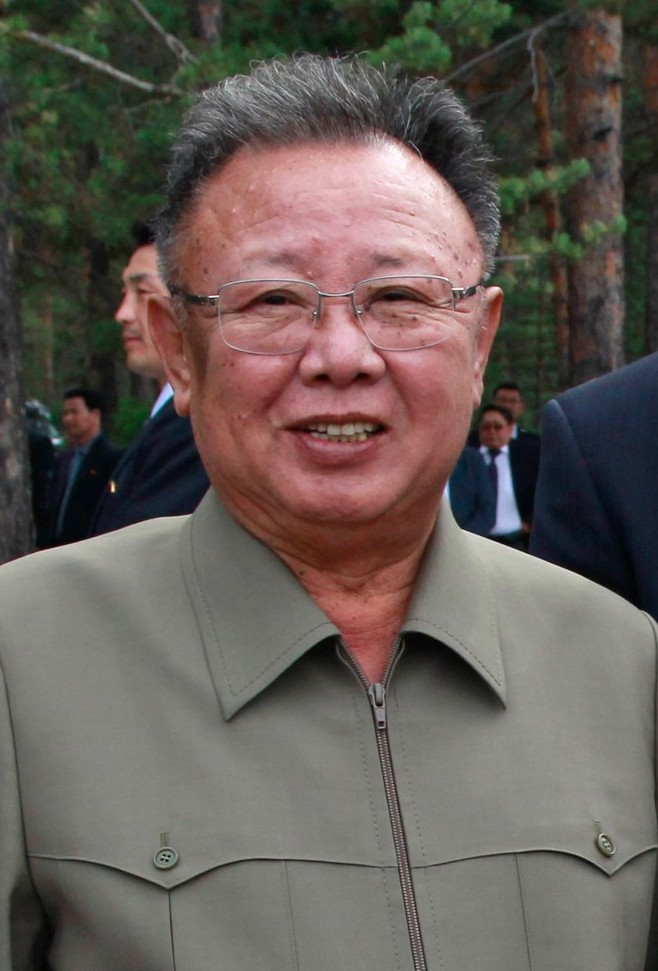First of all, happy holidays, everyone!
This is a season of goodwill.
So it is with a spirit of goodwill that I jot down the confessions below.
One of the most salient endeavors of notable intellectuals in recent years has been the effort to spread the philosophy of atheism. The late Christopher Hitchens was one of the most active proponents. And of course, Richard Dawkins, whose book "The God Delusion" laid out persuasive arguments as to why religions can be sometimes oppressive, did a great service to humanity in pointing out the road toward more freedom.
It is a trivial matter, in my own perspective, that a concept of God where "he" or "she" possesses a personality like our own, is passé. In fact, Baruch Spinoza presented a beautiful argument about the absolute infinity of "God" in his magnum opus "Ethica" in the 17th century. According to Spinoza, a concept of God where he has a body, will, and intellect, is self-contradictory as these properties pertain to finite existences like ourselves. I think that was a conclusive argument. The concept of observing and punishing God has been passé for more than three centuries.

Thirty something decades after Spinoza, I think the only intellectually interesting and challenging problem about the concept of God today is why we sometimes do have illusions of a "finite" God. There might have been psychological and/or evolutionary needs. For example, the central thesis of Christianity, as I understand it, is the belief that Christ was the Son of God, and yet was incarnated to have a finite body like us, and went through all the hardships that led to his eventual crucifixion.
Although as a rational human being I remain an atheist (strictly speaking, as I am resonant with the Spinozan concept of God, I might qualify as a "pantheist"), I do find the "story" of Christian incarnation and crucifixion fascinating and deeply moving. That an "absolutely infinite God" could voluntarily put Itself in the position of a finite and mortal being like ourselves by incarnation and go through the agony and pain of persecution and death, is, I think, one of the most beautiful "fictions" that human beings have ever conceived.
After all, the very nature of our phenomenal experience is illusory. Love is an illusion, and so is perhaps the very concept of scientific truth. To say something is illusory does not mean that it must forever be marked by stigma. When an illusion has proved powerful, it is useful to study the nature of its epistemological origins, and clarify the continuing effects on people's lives.
Thus, although I hope to remain a rational thinker, I feel as if the basic claim of the "atheist" movement has now been well received and accepted, at least in the intellectual circle, so that it is probably time to proceed with business of the elucidation of its nature of the "illusion" of God, in a spirit of goodwill.
Well, that was my confession, folks. Happy holiday seasons, again.

The Crucifixion, seen from the Cross, by James Tissot, 19th century.






